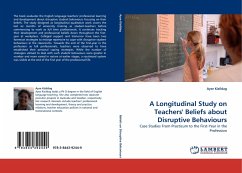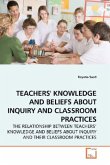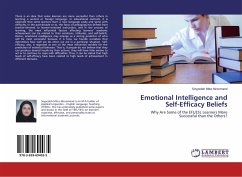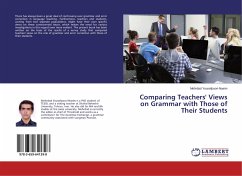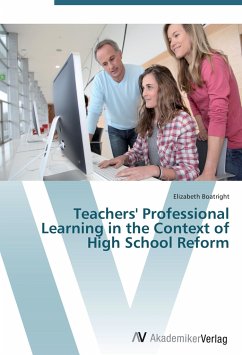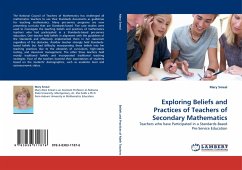The book evaluates the English language teachers' professional learning and development about disruptive student behaviours focusing on their beliefs. The study designed as longitudinal qualitative work covers the last six months of university training as student-teachers before commencing to work as full time professionals. It continues tracking their development and professional beliefs down throughout the first-year at workplace. Collegial support and trial-error have been two foremost strategies to enlarge repertoire to cope with disruptive student behaviours in the classrooms. Towards the end of the first-year in the profession as full professionals, teachers were observed to have established their personal coping strategies. While the number of strategies utilised to deal with such student behaviours were greater in number and more varied in nature at earlier stages, a routinized system was visible at the end of the first year of the professional life.
Bitte wählen Sie Ihr Anliegen aus.
Rechnungen
Retourenschein anfordern
Bestellstatus
Storno

